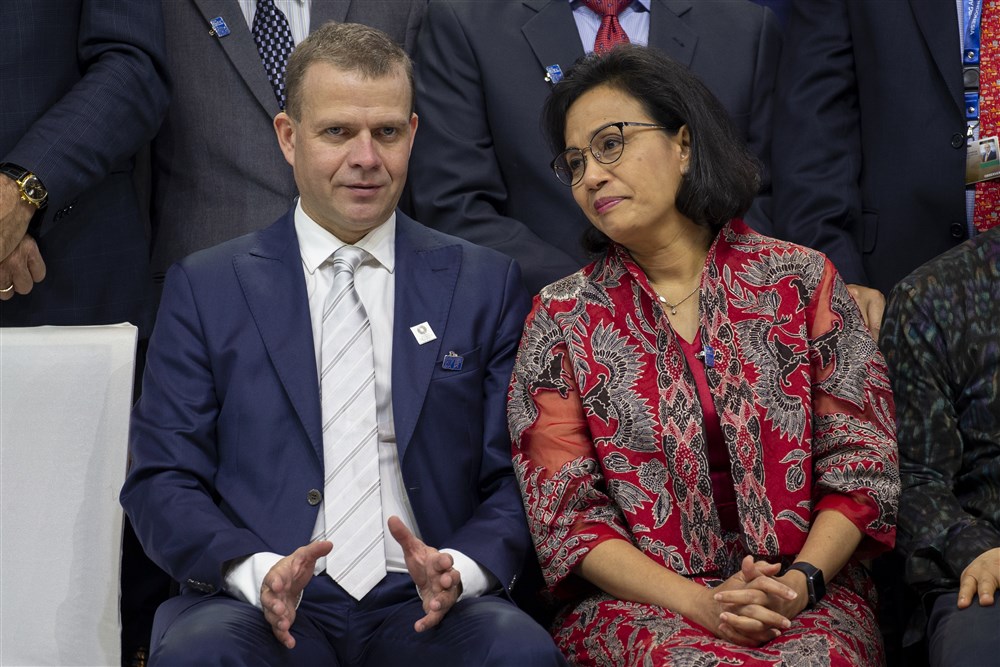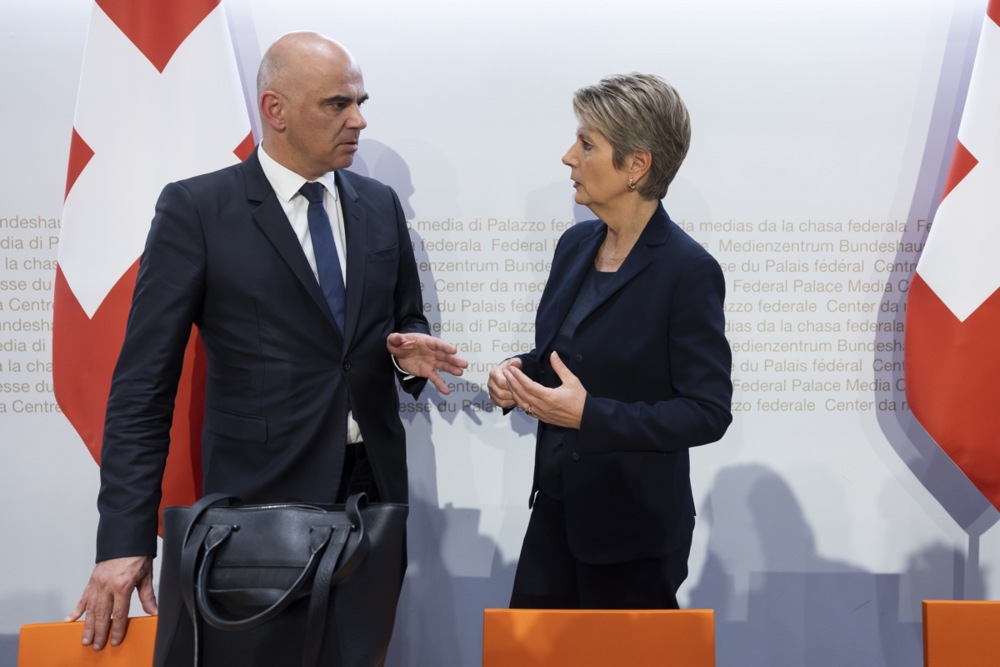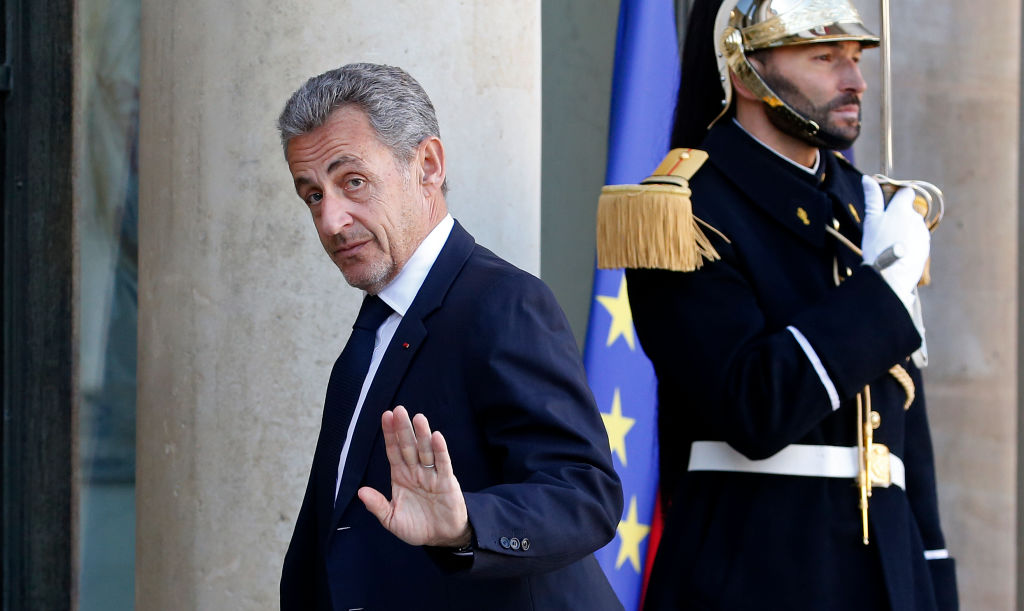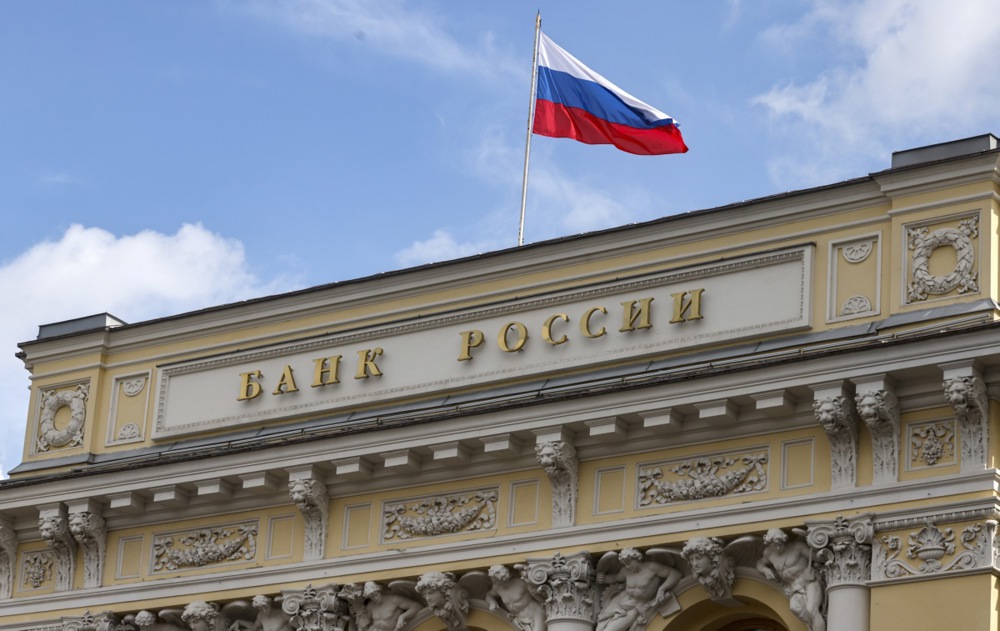Finland’s Minister for Foreign Trade and Development Ville Tavio of the Finns Party has announced some noteworthy shifts in his country’s foreign policy. To receive aid, nations now have to align with some of Finland’s position, notably regarding the war in Ukraine.
In future, Finland will primarily focus on working with countries that do not support the Russian war in Ukraine, Tavio said .
“I have initiated preparations with officials to take these circumstances into account in future [development aid] programmes, and I will actively raise these issues in an international context.”
Finland has decided to reduce development aid from around €250 million for the current legislative, which is set to last until 2027, and concentrate on new priorities. The government promises to implement changes in a phased manner.
According to Tavio, the focus areas of development cooperation will continue to be help regarding women and girls, strengthening self-determination and sexual and reproductive health, as well as education and climate action.
“Under this administration, Ukraine will be Finland’s main country programme. Finland’s support for Ukraine is unwavering. We want to show that Finland is on Ukraine’s side,” Taivo added.
The minister specified that Finland’s foreign and security policy is based on the rule of law, human rights, equality and democracy.
Regarding Russia and African countries, the minister said: “The majority of countries in Africa haven’t voted for Russia in UN affairs. It is a very small group that has done so. As far as I remember, we have no such countries among our [current] country programme partners.”
The government is presently assessing which of its 13 existing country programmes should be terminated. Tavio refrained from specifying what nations its intended cuts would be imposed on or which countries will be excluded from the list. “The countries eligible for cuts have not been determined as of now,” he stated.
More broadly, Tavio noted that, “Finland’s foreign and security policy is challenged by the erosion of the rules-based world order, the strengthening of power politics, barriers to free trade, uncontrolled immigration, extremism and terrorism.”
While emphasising the importance of good relationships with the West and the rest of Scandinavia, his remarks on China were nuanced
“China is an important trading partner for Finland and have well-functioning relations. Finland’s China policy is determined by its membership of the European Union and NATO,” he said.
“Strategic dependency on China needs to be reduced at both the national and EU levels. An example of reducing strategic dependencies is the EU’s economic security debate. The EU has stated that China is both a partner and a competitor, as well as a systemic challenger.”
Finnish foreign policy leaders and Finnish ambassadors representing the world arrived in Helsinki on August 21 for a three-day annual meeting, the first under Finland’s new conservative government.





